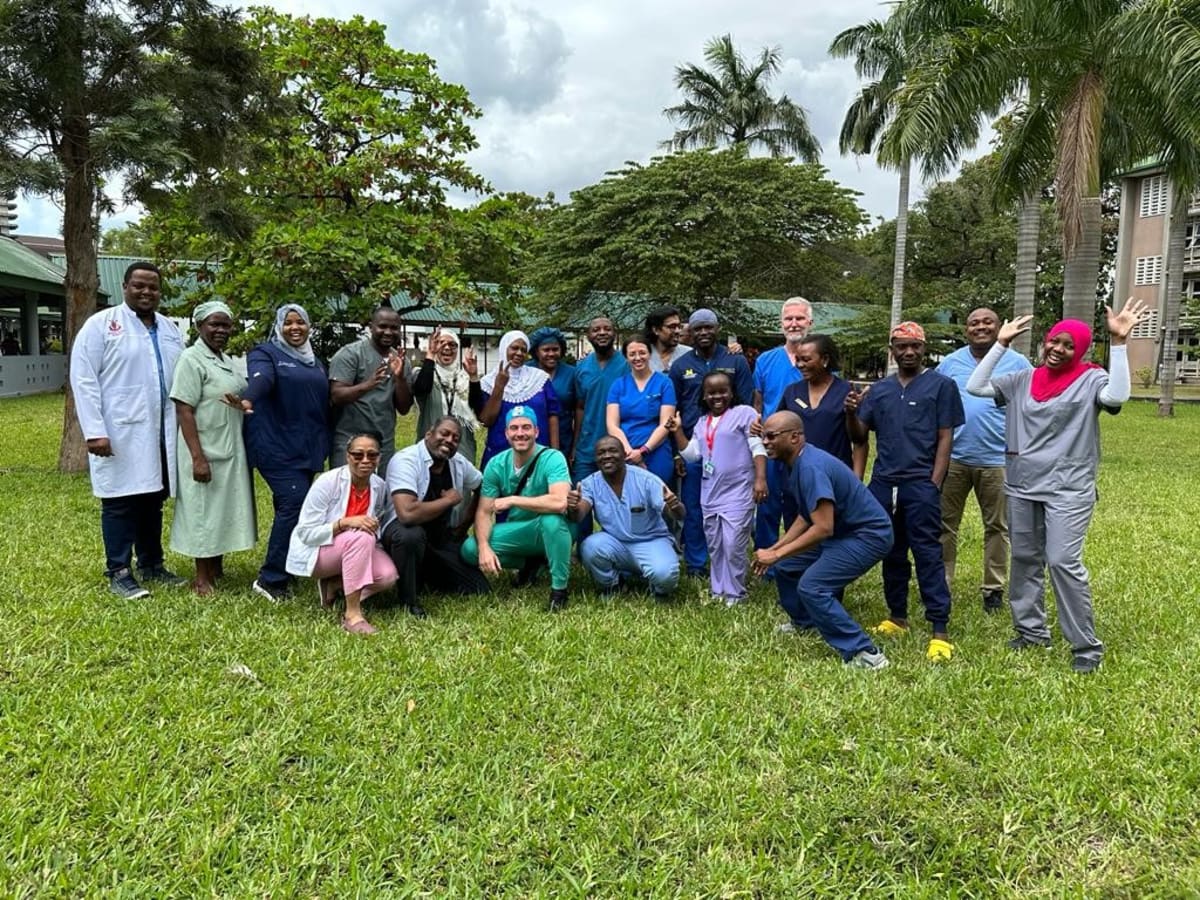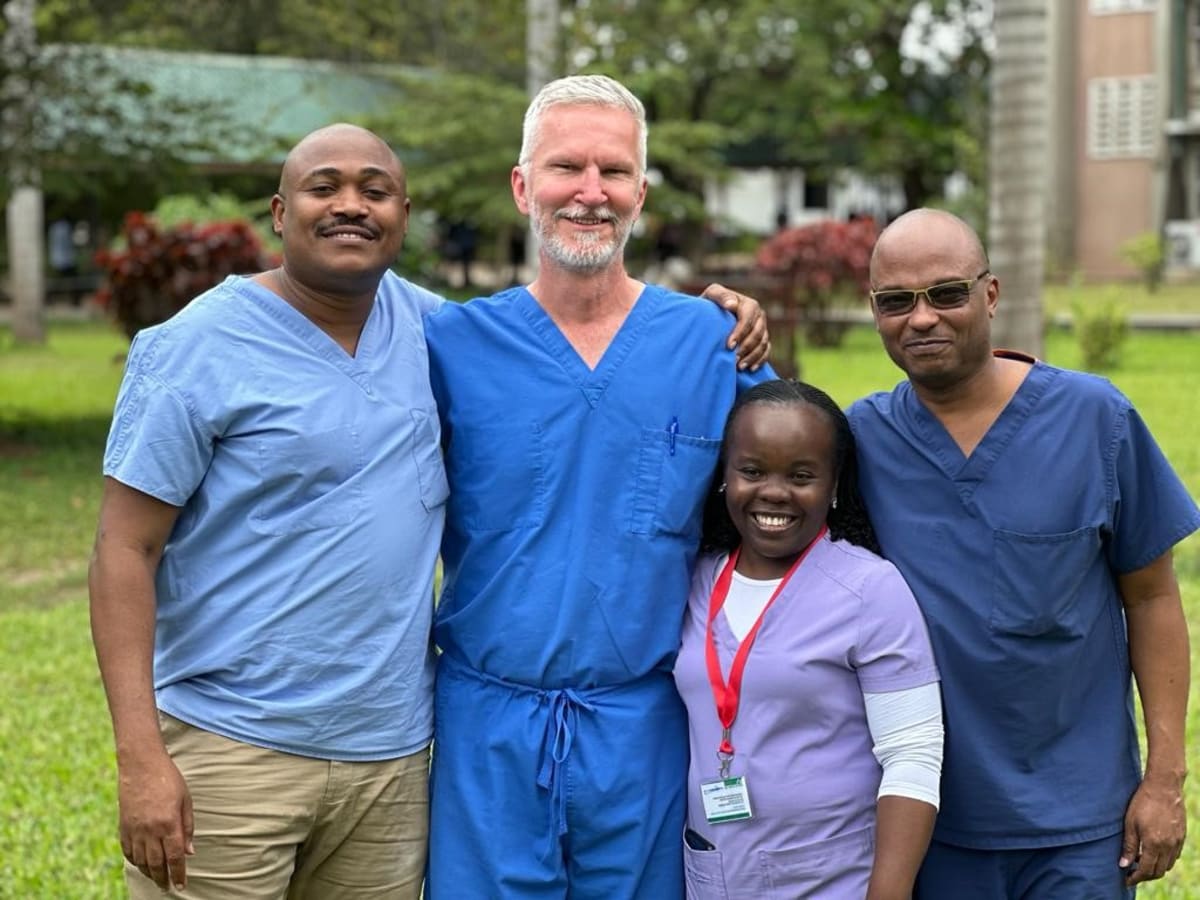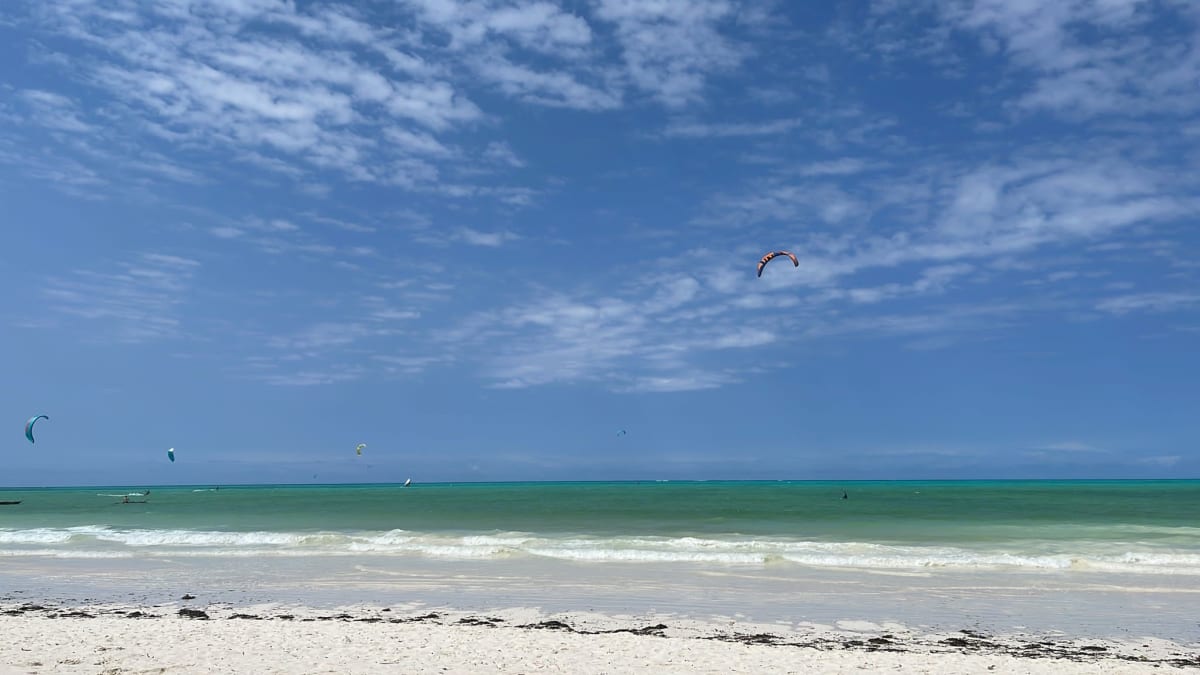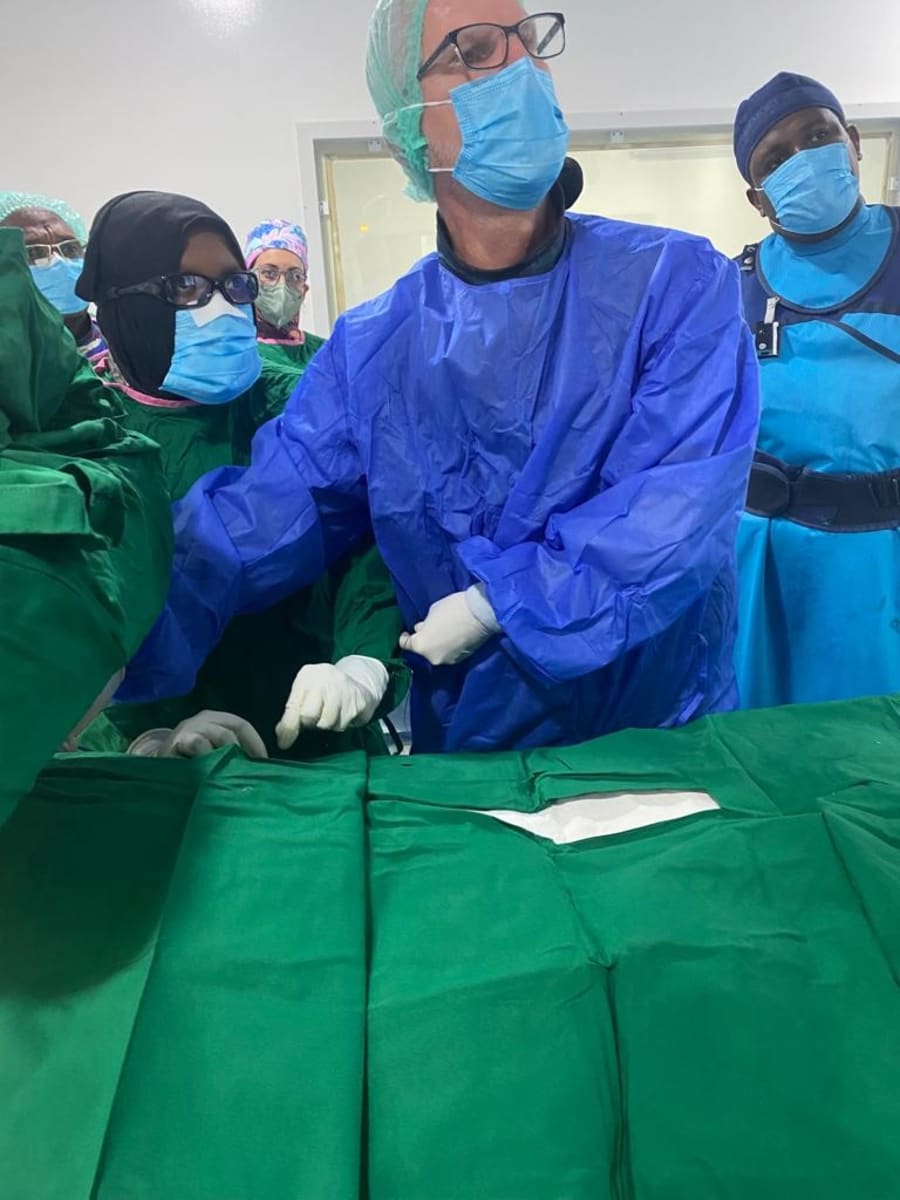Interventional Radiologists (IR) perform minimally invasive treatments for a broad range of conditions and these treatments have a decreased morbidity and mortality compared to traditional surgical approaches. Examples of procedures performed include abscess drainage, nephrostomy and biliary catheter placement, and arterial embolization for trauma, post-partum hemorrhage and gastrointestinal bleeding. Low income countries have limited or complete lack of IR services. The WHO states that over 4 billion people globally lack access to medical imaging and 5 billion lack access to IR services. Road2IR initiated East Africa’s first IR training program. Africa’s first Master of Science in IR curriculum at Muhimbili University in Dar es Salaam was announced in 2019. The first class of three fellows graduated in 2021, followed by 7 fellows in 2022. I will be going to Tanzania in August 2023 to teach the IR physicians in training and also examine them on their Oral Boards Examinations. I have been in practice for 33 years and am a Boards Examiner in the USA for IR.
While this program most immediately serves the 60 million people living in Tanzania, training IR physicians locally will have regional impact. One of the first IR fellows who graduated with the first class in 2021 in Tanzania is from Rwanda, and has returned there as the first IR physician in the country. He has already begun the process of expanding these efforts there and plans to begin training the first generation of Rwandan IR trainees in late 2022. One of the prospective 2022 graduates in Tanzania is from Nigeria and will return there are completion of her training and start her own program in Nigeria. As such, our goal is to eventually serve the entire population of sub-Saharan Africa.
Expanding the many obvious benefits IR already provides to patients in high income nations can be quickly expanded to billions of people around the world in low-income nations by training young physicians locally. IR provides a broad range of life-saving procedures and can have an immediate impact, as has been demonstrated in Tanzania over the past several years. I want to support and expand these efforts and contribute to building IR services in Africa, potentially reaching over one billion people who currently have no access to these important treatments.










With the help of Doximity, I was able to travel to Tanzania and teach the Radiology Residents there procedural techniques in Interventional Radiology. Their hospital is the only one in the country that provides Interventional Radiology services to the people of Tanzania. We performed biopsies, abscess drainages, dialysis fistula interventions, arteriograms, sclerotherapy, SVC recanalizations, ablations and other procedures for the patients and saw patients in clinic as well. These are all minimally invasive techniques that take the place of more invasive operations, usually without the need for General Anesthesia. At the end of the first week, we examined the graduating residents for their Interventional Radiology Oral Boards Examination to make them eligible for their certification in the specialty of Interventional Radiology. The graduates can now work on their own, unsupervised, in their practice. We will continue to teach the junior residents.